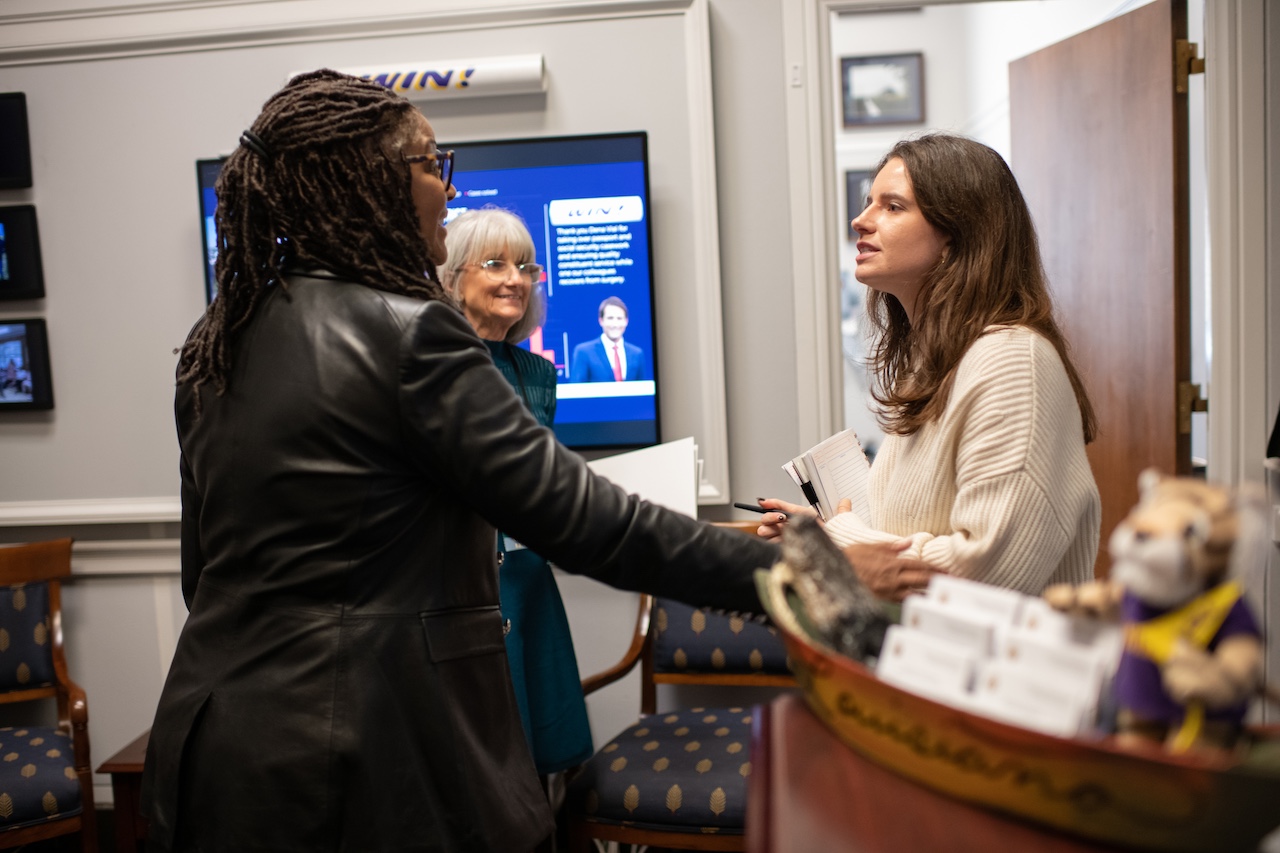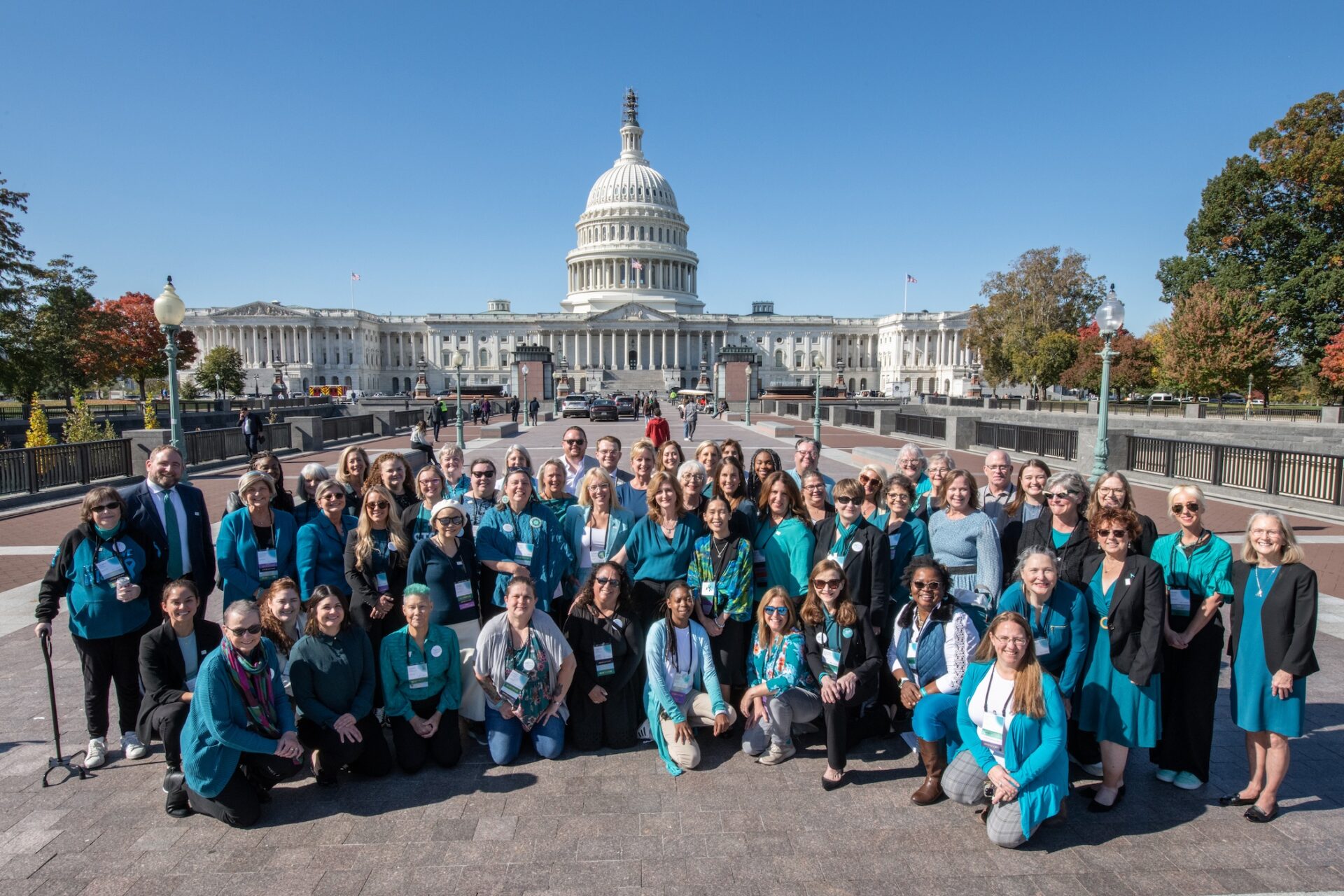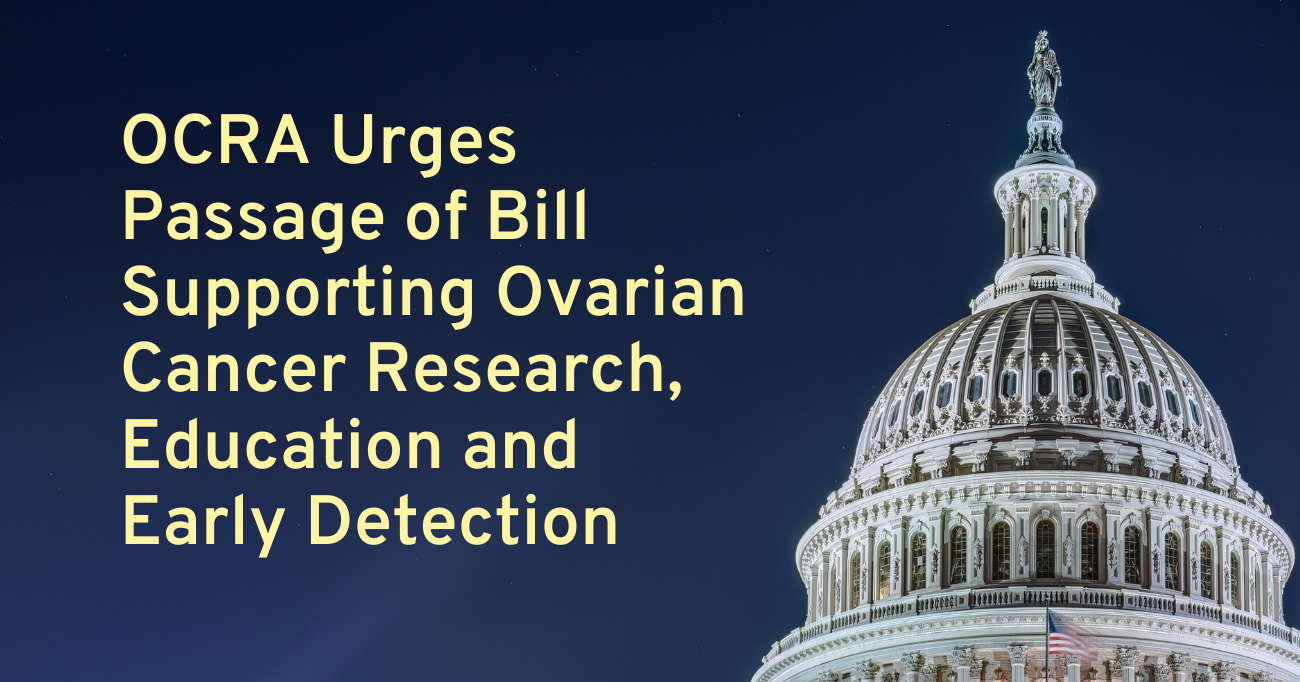Many people who live near the poverty line are surprised to learn that they do not qualify for health insurance under Medicaid. Each state sets its own rules for this program, based on income and other qualifying factors. This may soon change, thanks to a provision in the health reform law that encourages states to expand Medicaid coverage for low-income adults. The expansion could give coverage to as many as one in ten women diagnosed with ovarian cancer.
“Too many women with ovarian cancer don’t have access to care and can’t afford insurance,” said Calaneet Balas, CEO of the Ovarian Cancer National Alliance. “For these women and their families, expanded Medicaid coverage would be a literal lifeline. It may be the only way for some patients to afford cancer care.”
In addition to helping patients, expanding Medicaid would be a financial boon for state governments. Currently, the federal government and states split the costs of Medicaid evenly; if states expand coverage, the federal government will pay at least 90 percent of the costs. Some states will see major savings as a result of this provision and all states will see declines in uncompensated care.
“Expanding Medicaid coverage really is a win-win proposition for states,” said Balas.
The Alliance is partnering with other patient advocates on Coverage Counts, a campaign that will encourage state legislatures to expand Medicaid. Patient advocates across the country will use a dedicated website—set to launch later this month—to make the case for expansion. The website helps interested parties learn about the Medicaid expansion and take action within their states.


